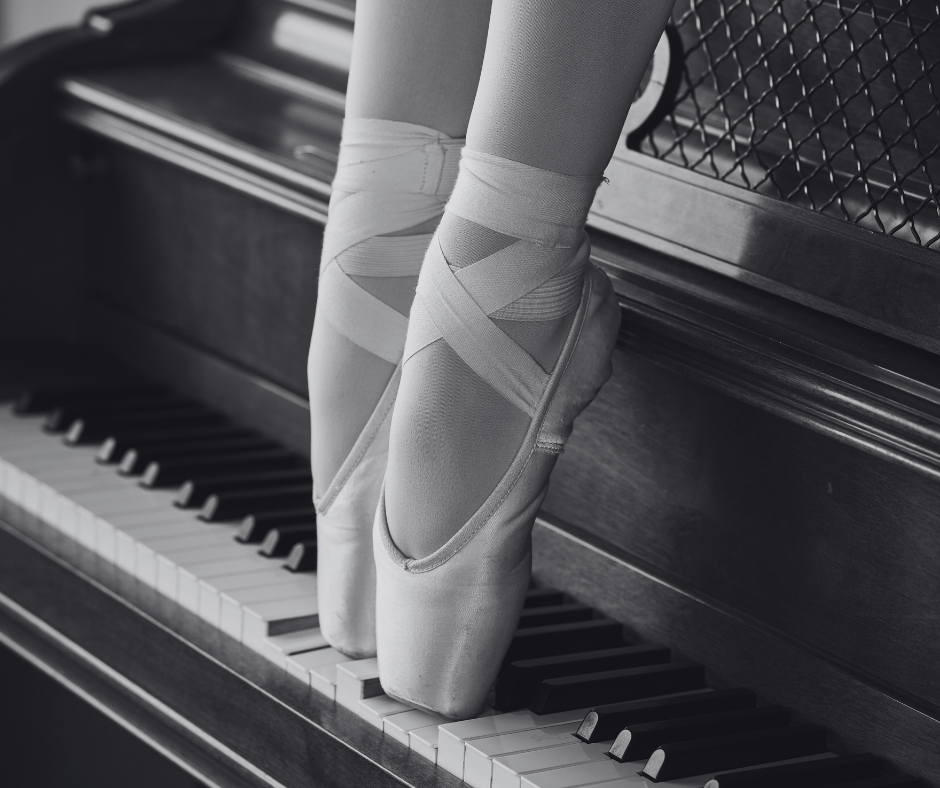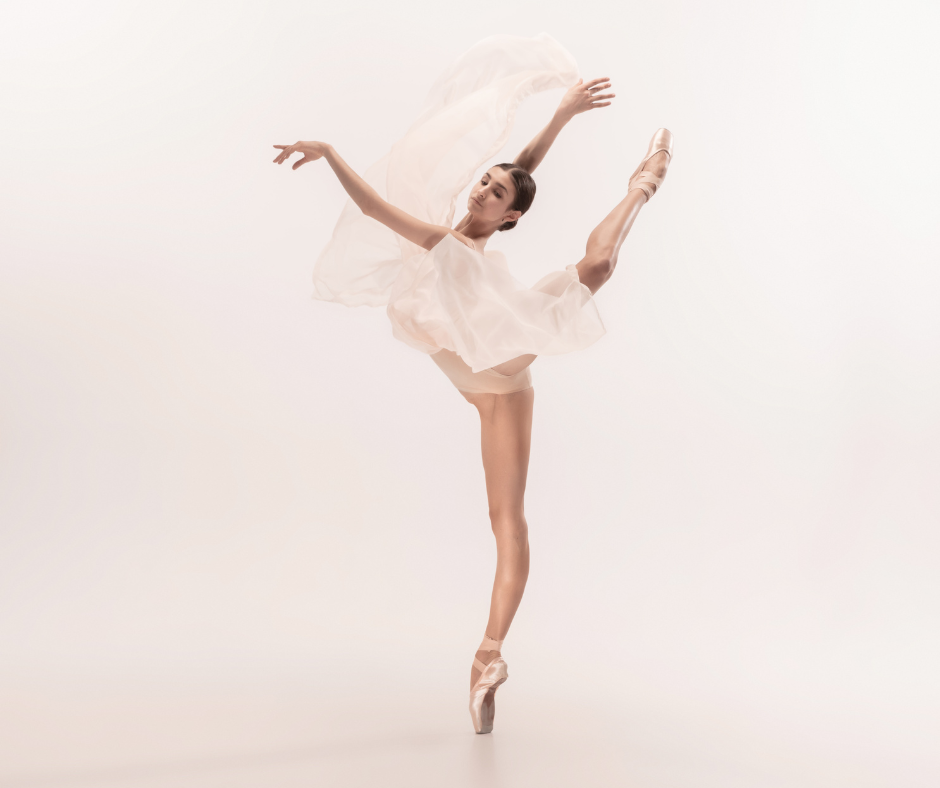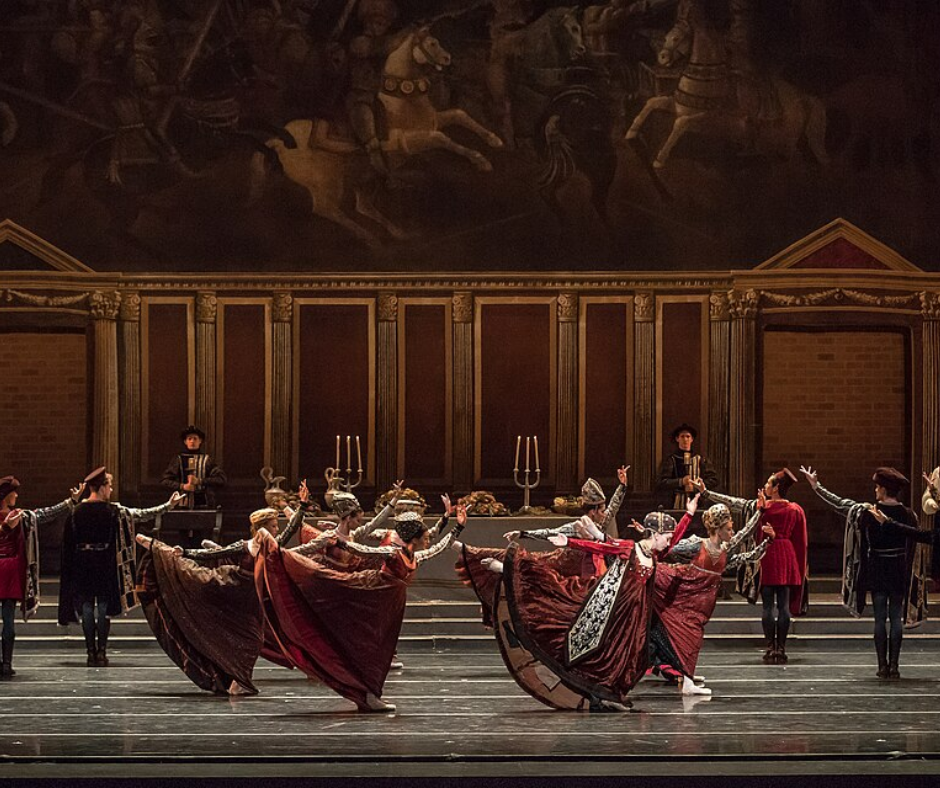The composers behind the magic
There’s something truly magical about ballet, the way movement, music, and emotion come together to tell a story without a single word. But here’s the thing I’ve realized over time: as much as we focus on the dancers, the tutus, and the choreography (and rightfully so), we sometimes forget the people who made all of that come alive in the first place. The famous ballet composers whose music forms the very heartbeat of each performance.
Music is the emotional engine behind every leap, turn, and fall. Without it, the stage would feel… empty. And the ballets we know and love: Swan Lake, The Firebird, Romeo & Juliet wouldn’t be the same without the powerful scores behind them.
So, I wanted to take a moment to shine a light on the men behind the music. The ones who gave ballet its voice.
Swan Lake by Pyotr Ilyich Tchaikovsky
Let’s start with Swan Lake. I don’t know about you, but the moment I hear those opening notes, I get chills. There’s something haunting and beautiful about it, a feeling of longing, mystery, and tragedy all wrapped into one.
Tchaikovsky wasn’t just composing music for dance, he was writing music that felt like movement. Swan Lake was Tchaikovsky’s first ballet and surprisingly, it wasn’t very popular at the beginning. Critics didn’t really get it, but dancers and audiences felt something deeper and slowly it became one of the most iconic ballets of all time.
Tchaikovsky also composed The Nutcracker and The Sleeping Beauty, both filled with unforgettable melodies. But to me, Swan Lake is where his emotion pours through the most. It’s music that carries the weight of the story without needing to explain it.
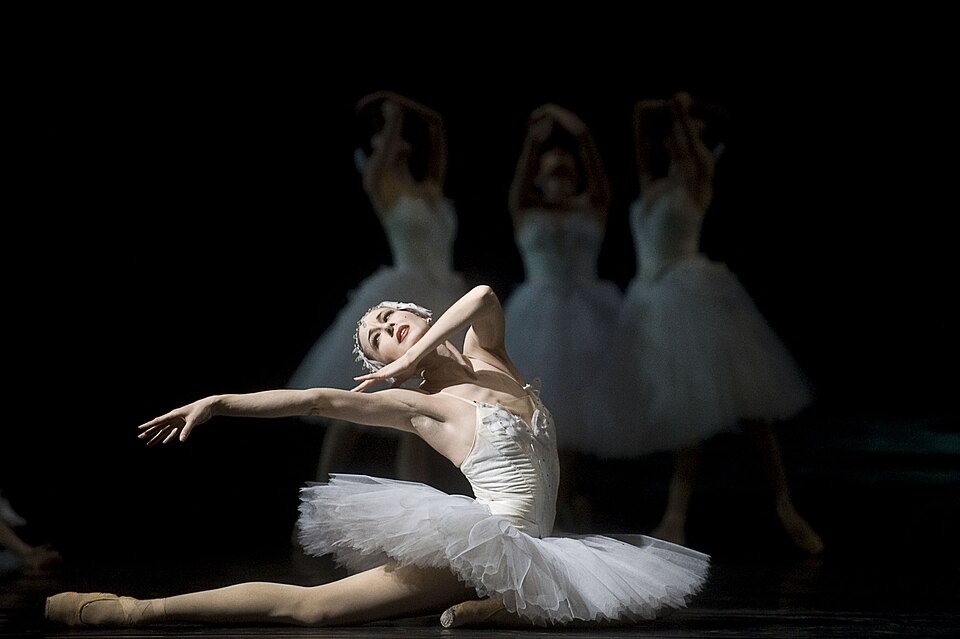
Nadja Sellrup in a production of Swan Lake at the Royal Swedish Opera
The Firebird by Igor Stravinsky
Then came Igor Stravinsky and everything changed. When he wrote The Firebird in 1910, it was unlike anything ballet had seen (or heard) before. The music was bold, unpredictable, sometimes even a little wild. But that was exactly the point.
Stravinsky brought a kind of raw, emotional intensity to ballet. His collaboration with the Ballets Russes in Paris turned heads and raised eyebrows in the best way. The Firebird was full of color, drama, and Russian folklore, and the music matched that energy beat for beat.
I’ve always admired how fearless Stravinsky was. He didn’t try to please everyone, he tried to tell the truth through sound. And because of that, he helped reshape what ballet could be.
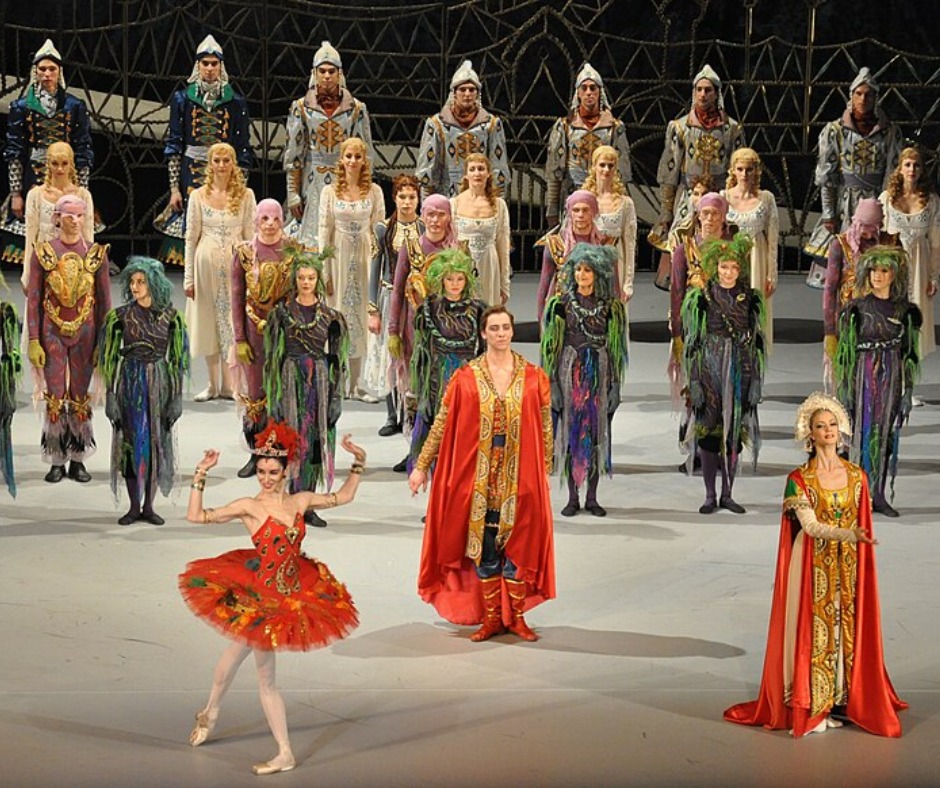
Romeo & Juliet by Sergei Prokofiev
And finally, Sergei Prokofiev. When I think of Romeo & Juliet, I don’t just think of Shakespeare’s story I think of that heartbreaking score. The power of Prokofiev’s music is how it captures so many shades of love: tenderness, hope, pain, and loss.
You can hear the emotion in every note. The Dance of the Knights is dark and powerful (you’ve probably heard it even outside ballet it’s been used in everything from fashion shows to football intros). But then, other moments are soft, intimate, almost too fragile to touch.
Prokofiev made the story feel human. And that’s what I think music in ballet is really about, helping us feel something that words can’t quite say.
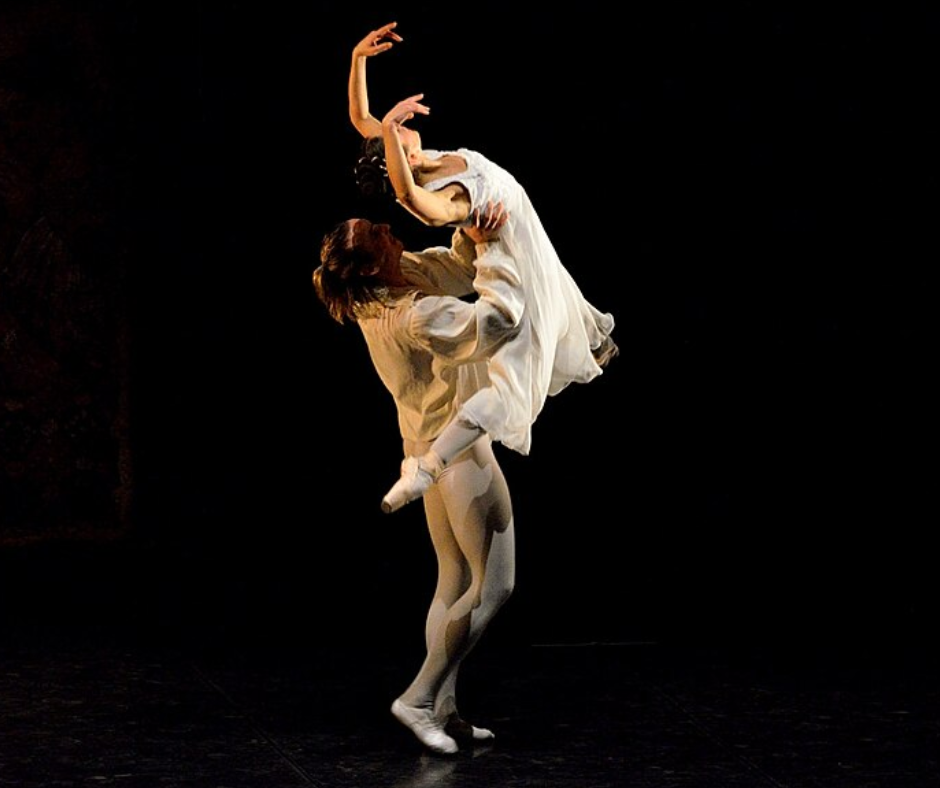
Juliet And Romeo, Pierluigi Luiceri
So why does this matter?
For me, learning about these famous ballet composers made me appreciate ballet in a whole new way. It reminded me that behind every graceful movement is a heartbeat, and that heartbeat is the music.
Tchaikovsky gave us elegance and emotion. Stravinsky gave us courage and fire. Prokofiev gave us truth and tenderness. They didn’t just write music, they wrote feeling and maybe that’s why these stories told through dance still move us so deeply today.
Think back to your favorite ballet moment or piece of music, the one that gives you goosebumps. Hold onto that feeling the next time you step into the studio or press play at home. 🩷

